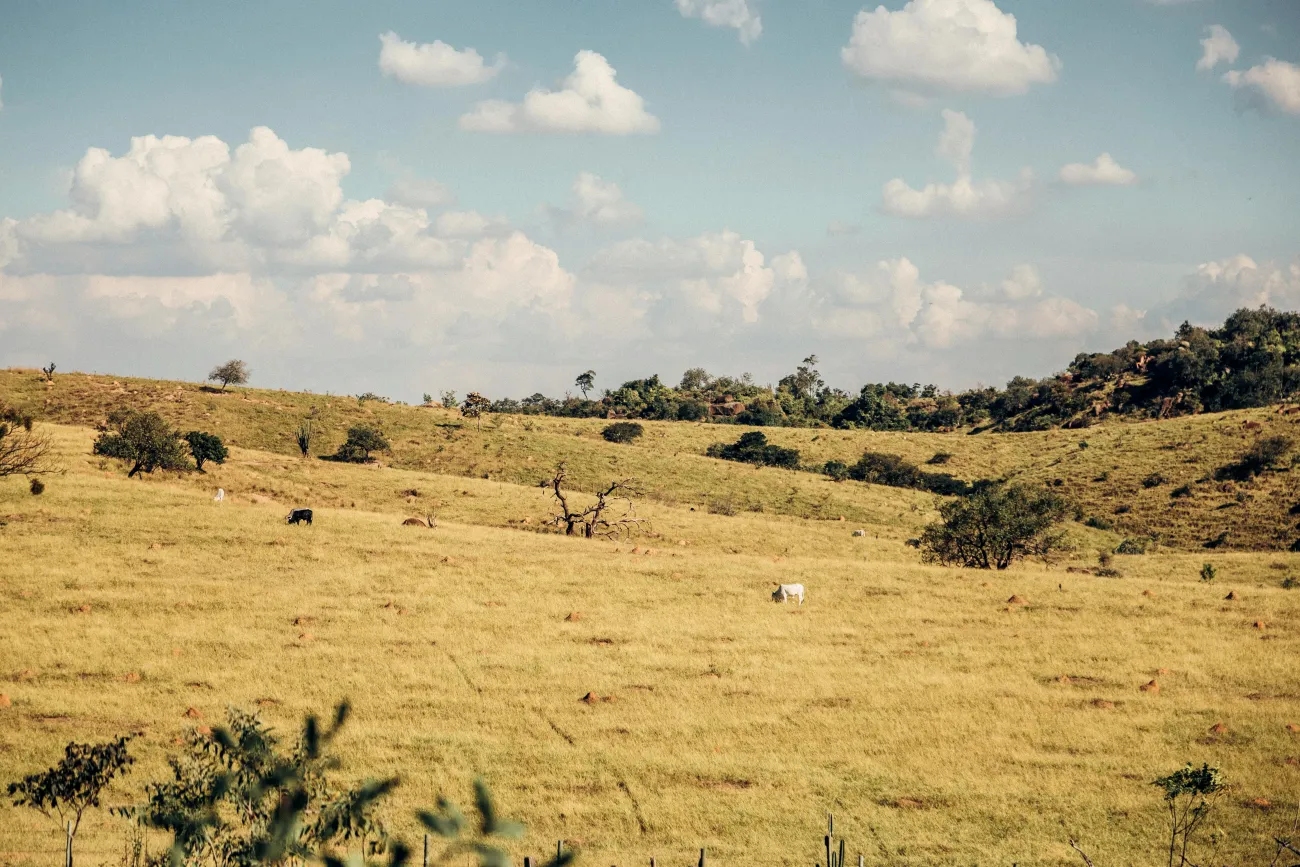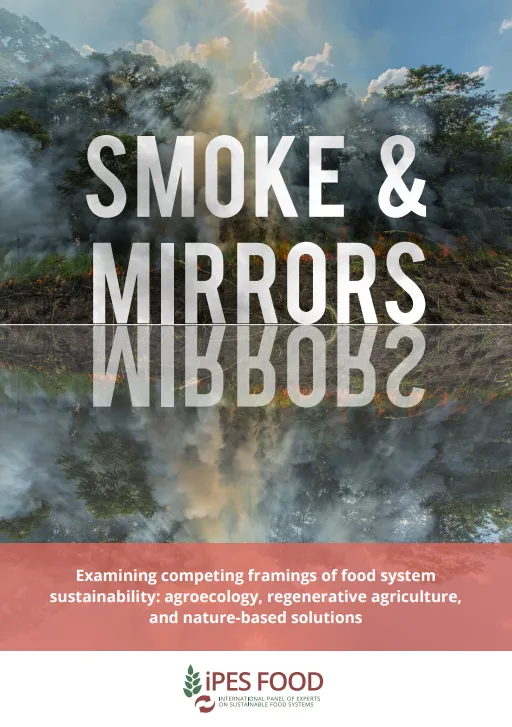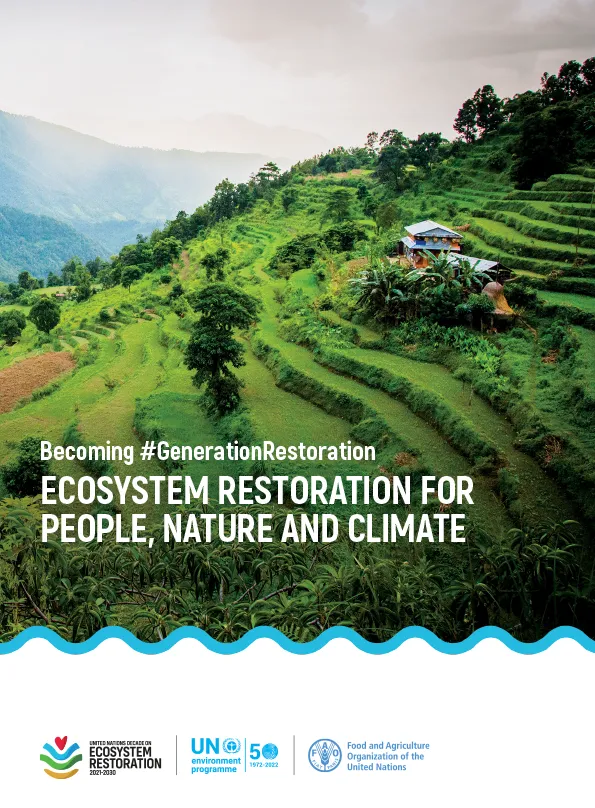This paper from Nature Communications explores whether arguments that highlight and quantity biodiversity’s economic value to humanity are sufficient approaches to halting its loss; and it also discusses some of the potential trade offs between the conservation of biological diversity and the concept of ecosystem services.

Focusing on the role and value of bees as an example, the study used combined data from more than ninety studies of wild bees from five different continents. It shows that among the many thousands of species of bees in the world, in fact only a few species are of economic importance for agriculture. The most common pollinators of crops can be promoted by relatively simple measures in the agricultural landscape, but such action is not sufficient to preserve rare species. This leads the researchers to conclude that the concept of ecosystem services is not sufficient as an approach to preserving biodiversity. They instead argue that focus must increasingly be placed on protecting rare species that may have fewer direct economic benefits to agriculture and that emphasis needs to be put on the ethical as well as economic arguments for conservation.
Abstract
There is compelling evidence that more diverse ecosystems deliver greater benefits to people, and these ecosystem services have become a key argument for biodiversity conservation. However, it is unclear how much biodiversity is needed to deliver ecosystem services in a cost-effective way. Here we show that, while the contribution of wild bees to crop production is significant, service delivery is restricted to a limited subset of all known bee species. Across crops, years and biogeographical regions, crop-visiting wild bee communities are dominated by a small number of common species, and threatened species are rarely observed on crops. Dominant crop pollinators persist under agricultural expansion and many are easily enhanced by simple conservation measures, suggesting that cost-effective management strategies to promote crop pollination should target a different set of species than management strategies to promote threatened bees. Conserving the biological diversity of bees therefore requires more than just ecosystem-service-based arguments.
Citation
Kleijn, D., Winfree, R., Bartomeus, I., Carvalheiro, L. G., Henry, M., Isaacs, R., Klein, A-M., Kremen, C., M'Gonigle, L: K., Rader, R., Ricketts,T. H., Williams, N. M., Lee Adamson, N., Ascher, J. S., Báldi, A., Batáry, P., Benjamin, F., Biesmeijer, J. C., Blitzer, E. J., Bommarco, R., Delivery of crop pollination services is an insufficient argument for wild pollinator conservation. (2015). Nature Communications 6, Article number: 7414 doi:10.1038/ncomms8414
Read the full paper here.




Comments (0)